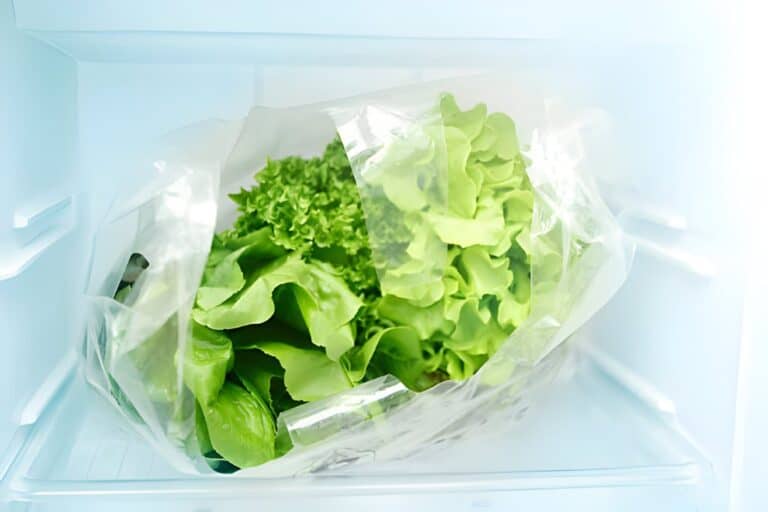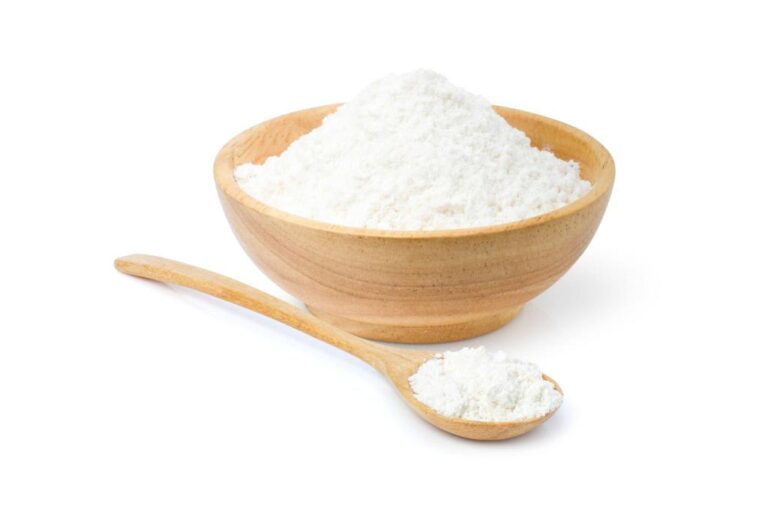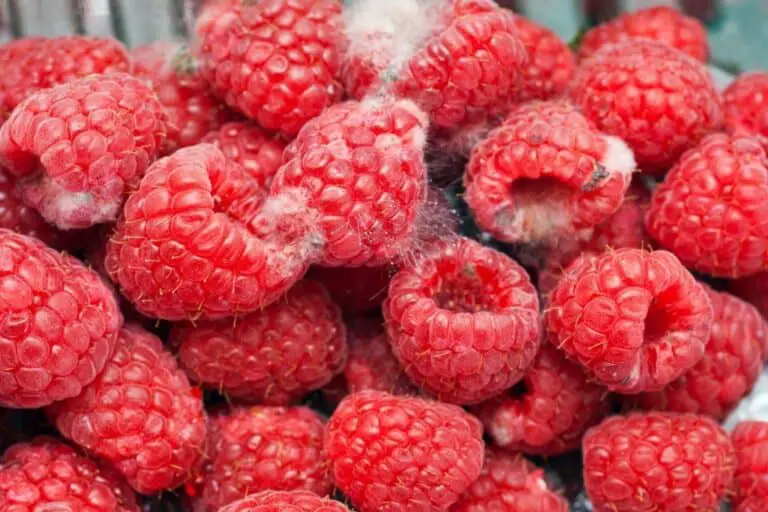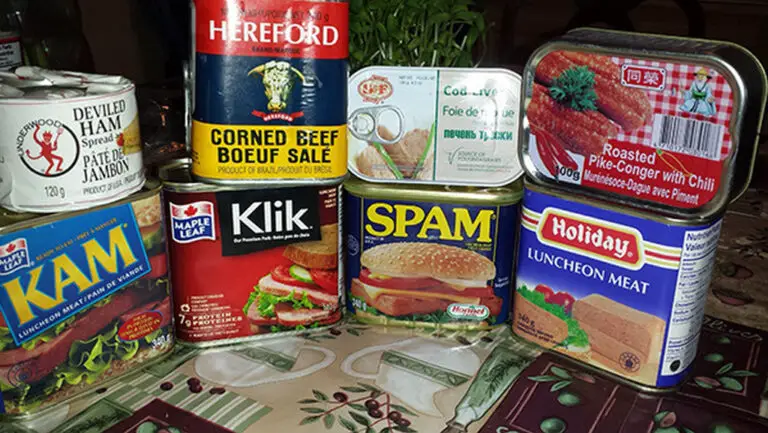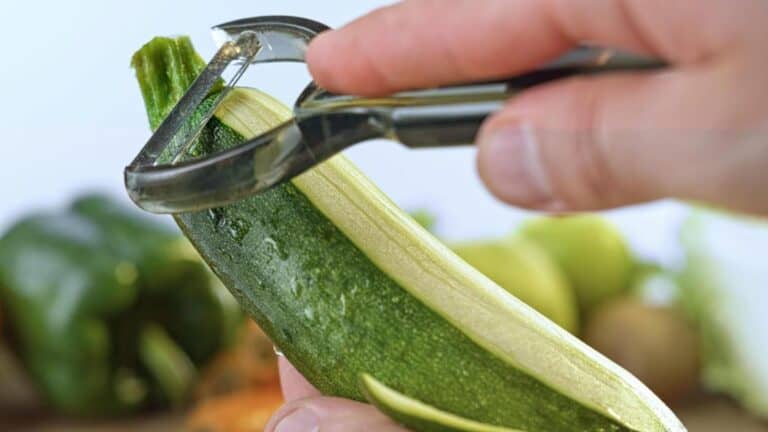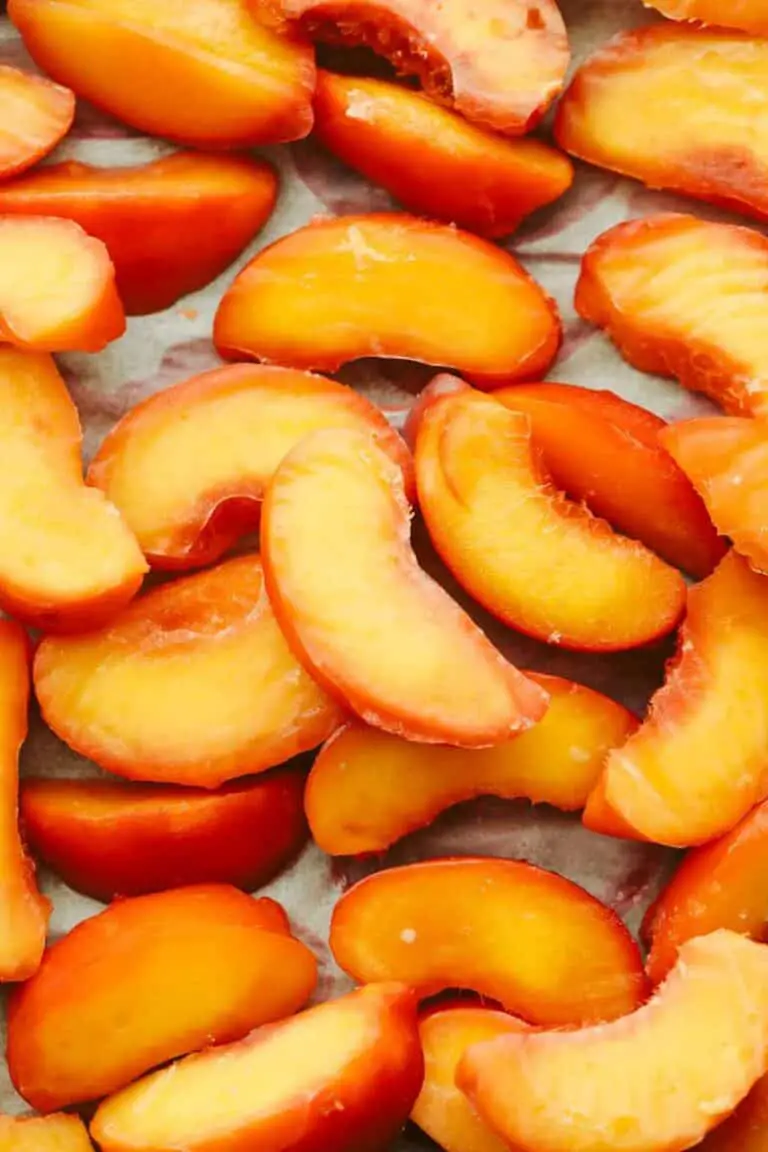Cashews Related to Poison Ivy: Are Cashews the New Poison Ivy?
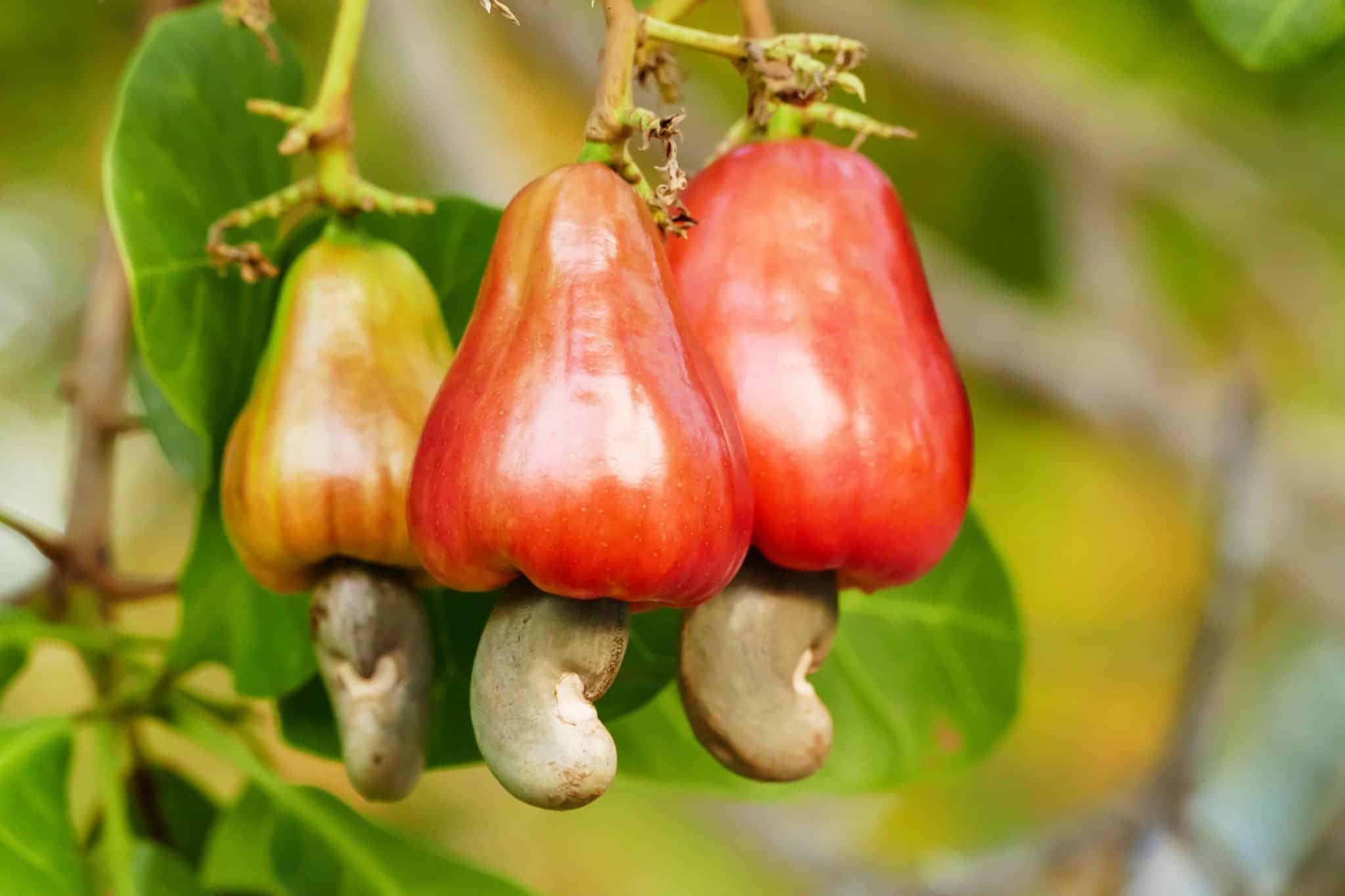
Cashews are actually not nuts, but rather the seeds of a fruit. The cashew tree produces a green fruit called a cashew apple. When the cashew apple matures, it turns to yellow-redish coloor.
The cashew apple is edible, but it is not as popular as the seed. The cashew seed, or nut, is encased in an esternal shell that causes allergic reactions and stomach upset in humans.
According to recent research, there may be a relationship between cashews and poison ivy. A study published in the Journal of Allergy and Clinical Immunology found that people who are allergic to poison ivy may also be allergic to cashews. The study found that about 25 percent of people who are allergic to poison ivy are also allergic to cashews.
So, what’s the relationship between cashews and poison ivy? Are cachews the new poison ivy? Well, it turns out that both plants share the same ancestors. Not only that, both plants have the same dangerous substance, which causes allergic reactions in some people.
The Unexpected Relation Between Cashews and Poison Ivy
When it comes to plants that can cause itchiness, poison ivy is usually the first one that comes to mind. But did you know that cashews are also related to poison ivy?
Poison ivy is a plant that can be found in many parts of the world. It is most commonly found in North America, but it can also be found in Europe and Asia. Poison ivy is a very dangerous plant and can cause severe reactions in people who are allergic to it.
The plant produces a substance called urushiol, which is what causes the allergic reaction. Symptoms of a poison ivy allergy include rash, itchiness, swelling, and redness.
The same allergic reaction can also be found in people who eat raw cashew nuts.
Poison ivy and cashews share a common ancestor. Both plants belong to the family Anacardiaceae. This family is known for its urushiols, which are compounds that can cause an allergic reaction in humans.
That’s right, the same plant that produces those delicious nuts is also responsible for causing itchiness and irritation for some people.
So, If you come into contact with poison ivy or raw cashew nuts plants, it is important to wash the area immediately with soap and water. You should also avoid touching your eyes or mouth until you have washed your hands thoroughly.
Other plants belong to the same family as poison ivy.
Most people know that poison ivy is a plant that can cause an itchy, painful rash. What many people don’t know is that poison ivy belongs to the same family as several common fruits.
The poison ivy plant is a member of the genus Rhus, which includes about 130 species of plants. Many of these plants are found in North America, and some are native to other parts of the world. Poison ivy is just one of many plants in this genus that can cause an allergic reaction in humans.
Other members of the Rhus genus include sumac, cashews, and pistachios. All of these plants contain a substance called urushiol, which is what causes the allergic reaction. It turns out that mango is a relative of the anacardiaceae family as well, but this one is safe to eat.
Poison ivy leaves are light to dark green and can have a reddish tint. They are oval shaped with pointed tips. The leaves can grow up to 4 inches long and range in width from 1 to 3 inches.
Poison Ivy stems and trunks are red or green and can be smooth or covered with little hairs. The stems grow up to 10 inches long. Poison ivy vines can grow up to 20 feet long and are extremely flexible. When they climb, they wrap around trees or other objects. Poison ivy grows in all parts of the United States except for Alaska.
Are Raw Cashews Poisonous?
Raw cashews are not poisonous, but they can be dangerous if they are eaten raw and not properly processed.
Raw cashews contain a poisonous substance called urushiol, which can cause severe skin irritation and gastrointestinal problems if you are allergic to it.
Raw cashew nuts have a double shell, with the inner shell containing the nut. Roasting or steaming cashews removes the outer shell that contains urushiol.
Raw cashews are not as tasty as roasted cashews. When you roast raw cashews, they become more flavorful and have a better texture. Additionally, roasting raw cashews helps to remove any bitterness from the nuts. If you want to enjoy the best flavor and texture from your cashews, be sure to roast them before eating.
If you have never eaten cashews before, it is best to start with roasted or cooked cashews to avoid any health risks.
Can Raw Cashews Cause Skin and Stomach Upset Like Poison Ivy?
So what’s the deal with cashews and itchiness? Well, it turns out that raw cashews contain a substance called urushiol oil, which is also found in poison ivy and poison oak. This oil is what causes the allergic reaction in people who are sensitive to it, and it can result in anything from a mild rash to more severe symptoms like swelling and difficulty breathing.
If the cashews are eaten, it can cause gastrointestinal distress in some people. The symptoms include bloating, gas, and abdominal pain. These symptoms are caused by the lectins in raw cashews.
Lectins are a type of protein that can bind to cells in the gut and cause inflammation. Raw cashews also contain phytates, which can reduce the absorption of nutrients. Soaking or cooking cashews may help to reduce the symptoms of gastrointestinal distress.
What Foods Should You Avoid if You Are Allergic to Cashews?
If you’re one of the unlucky few who are allergic to cashews, you may be wondering what foods to avoid. Here is a list of some common foods that contain cashews or cashew derivatives.
Avoid foods that contain cashews or any of the following: cashew butter,cashew flour,cashew milk, and roasted cashews. Also avoid food products that have been processed in facilities that also process nuts, as there may be cross-contamination.
You may want to check the ingredients in food products that you eat frequently. You can also contact the manufacturer of a specific product to verify whether it contains cashews.
The good news is that there are plenty of delicious foods that you can eat, even with a cashew allergy. So don’t despair, and enjoy your meals!
How to Neutralize Cashews Nuts Allergic
If you have a cashew nut allergy, there are a few things you can do to neutralize the allergen. You can take an antihistamine before coming into contact with cashews, or you can use a topical steroid cream to reduce the swelling and itching that can occur.
If you have a severe reaction to cashews, you may need to carry an EpiPen with you at all times in case of an emergency.
So, you’ll want to avoid eating cashews if you’re allergic to them. If you have a mild allergy, your symptoms might not be too severe, so it’s important to see a doctor if you think you may have a cashew allergy.

